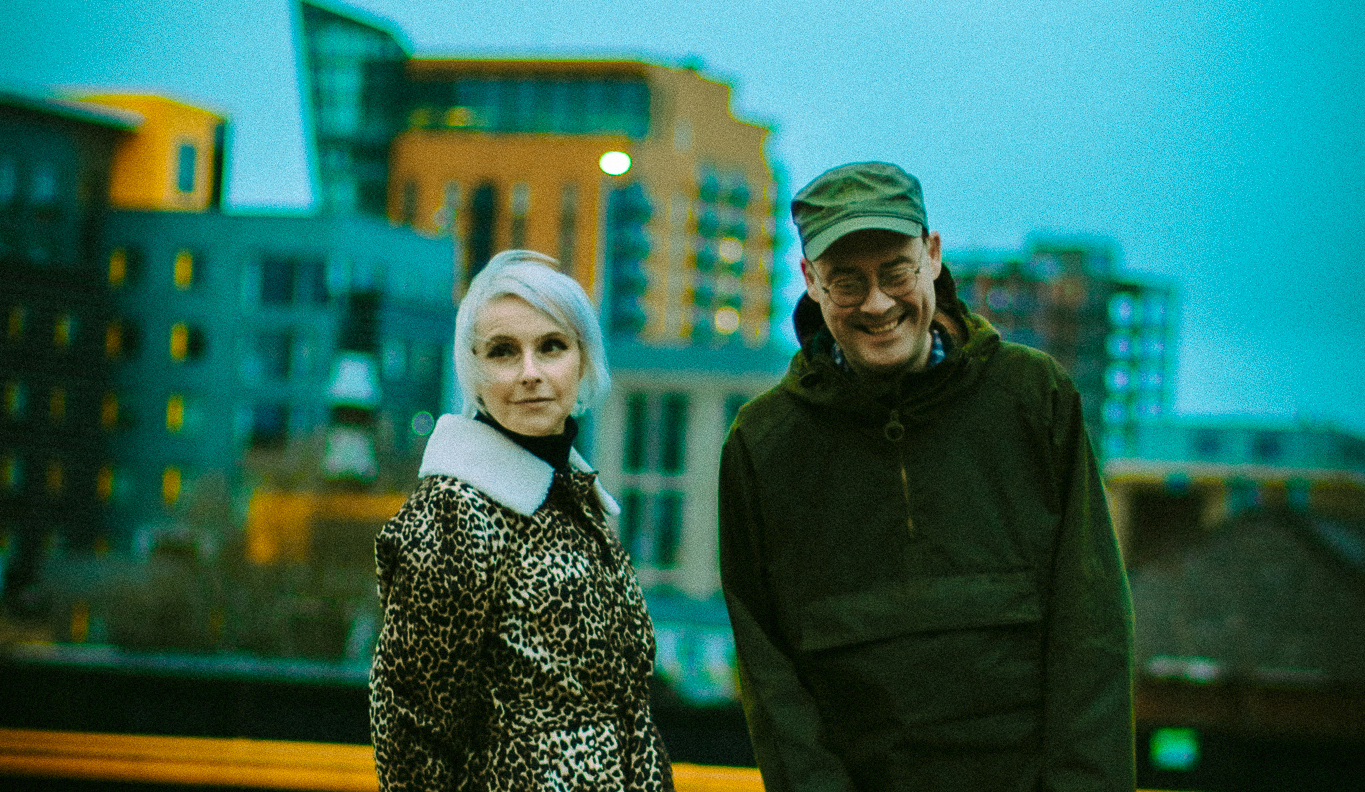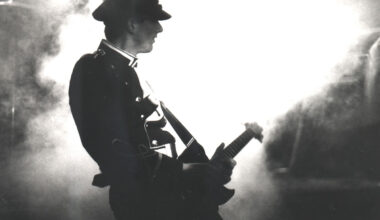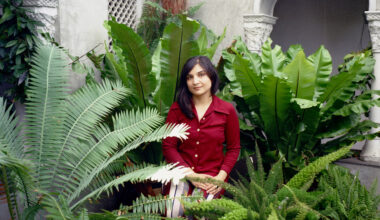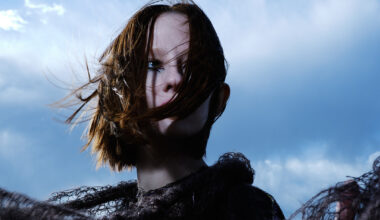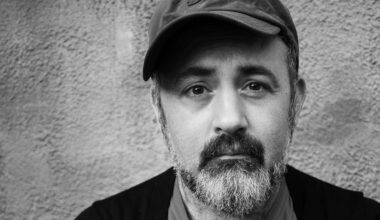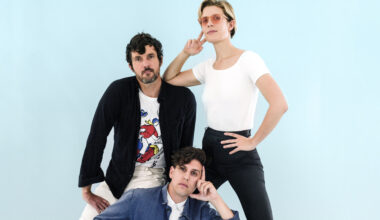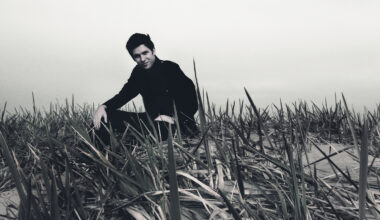Reunited with producer Stephen Hague, Dubstar are back with a cracking album of “full-spectrum megapop” and “acutely observed kitchen-sink dramas”. Normal service resumes, then…
Want to read more?
Sign up to Electronic Sound Premium to gain access to every post, video, special offers, and more. 100%, all you can eat, no commitment, cancel any time.
Already a premium member? Log in here
